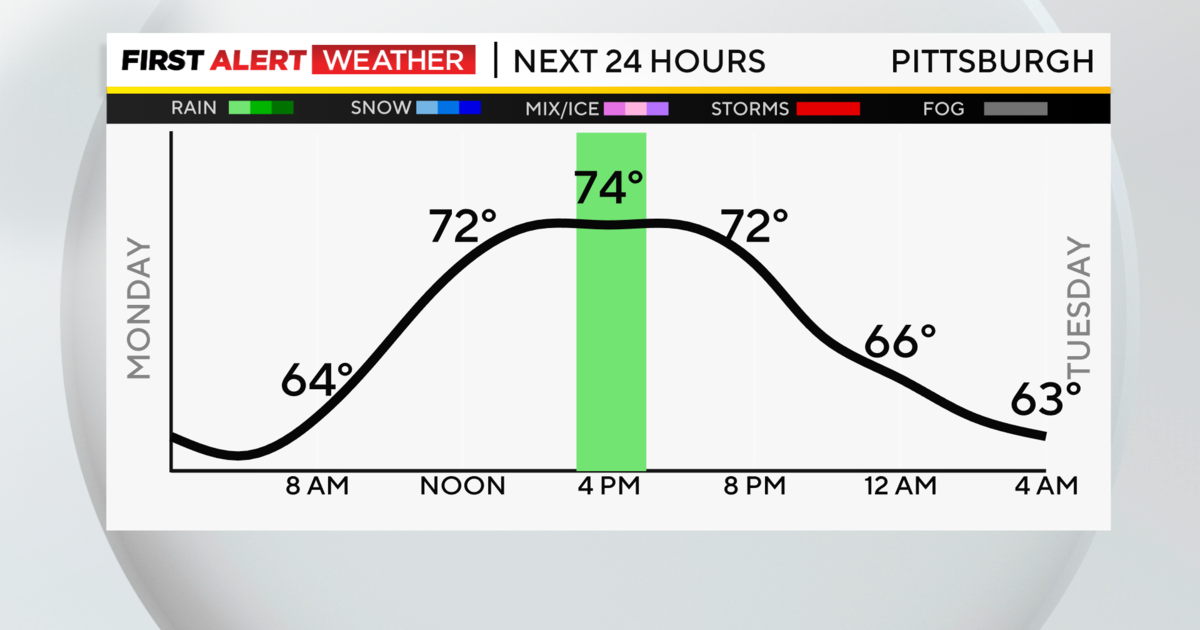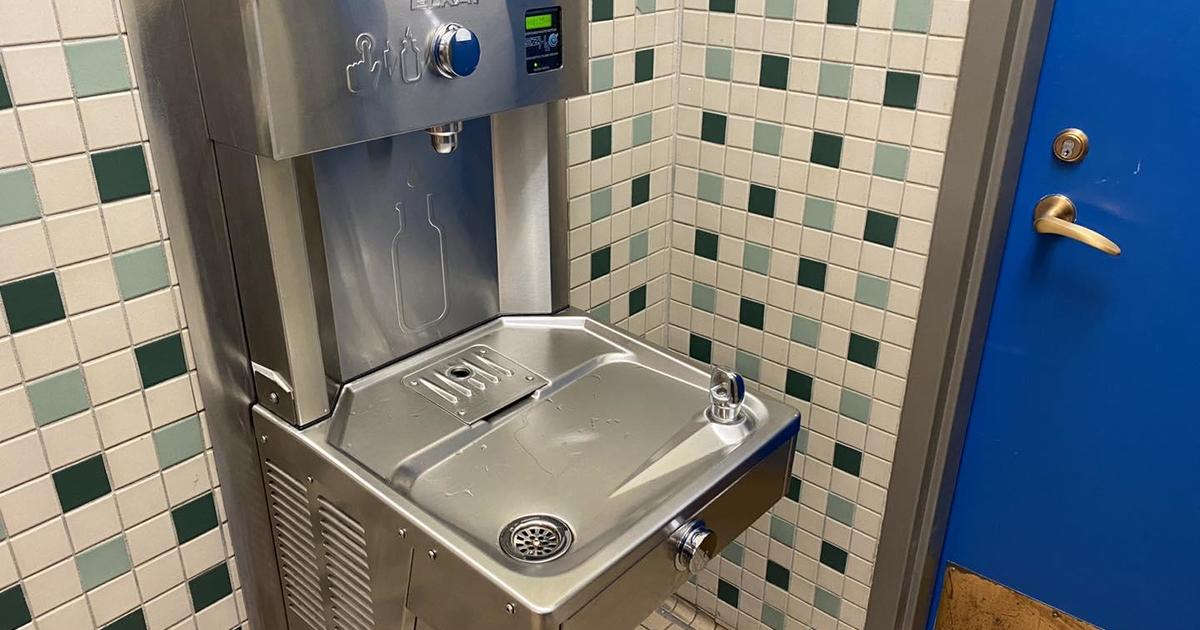Pitt researchers lead groundbreaking study on ketamine treatments for depression
PITTSBURGH (KDKA) — A new treatment for depression is showing promising results.
Amy Gray sits at the counter of Café Italiano in Jeannette for breakfast. It may not seem like much, but for Gray, who suffers from treatment-resistant depression, it's a big deal.
"I've had it for 35 years," she said.
Recently, Gray participated in a University of Pittsburgh study on the impact ketamine has on people like her. Dr. Rebecca Price is leading the study.
"The primary way that ketamine is offered as a clinical treatment is as an intravenous infusion," Price said.
Ketamine is an anesthetic that has been used for years. It was only by chance that it was found to help people suffering from depression. So how does it work? Researchers are not sure, but they think it has something to do with something in particular.
"By creating a burst of plasticity of the brain," Price said. "The brain tends to be impacted by chronic stress and when you are in a state of depression you find the brain has lost some of it's its flexibility and plasticity."
"Ketamine seems to quickly restore that in the brain," she added.
The ketamine infusions are administered in a carefully controlled environment and the doses are small, avoiding potential addictions, doctors added.
"So more often, someone will just sit and relax, have the infusion administered slowly over a 40-minute period, and then stay for an additional hour or two to make sure they've completely returned to a full awake state," Price said.
According to researchers and patients, unlike pharmaceuticals, ketamine's effects seem to be immediate.
As part of the study, Price also developed a computer-based neurocognitive conditioning program using positive words and pictures of people smiling for those undergoing treatment.
"It's designed to train more positive self-regard," Price said. "So it's going after the low self-esteem and low self-worth that many patients experience."
It's important to note that these treatments include multiple infusions at appointments several times per week, and the impact does not last forever. Repeated treatments are necessary, and they are not cheap.
While the infusions are not FDA-approved for treating depression, the agency has given the OK for an internal formulation called esketamine or Spravato.
Gray said she had one treatment during the study and her depression returned. She does not regret it though, adding that people with treatment-resistant depression should try ketamine infusions if they can.




